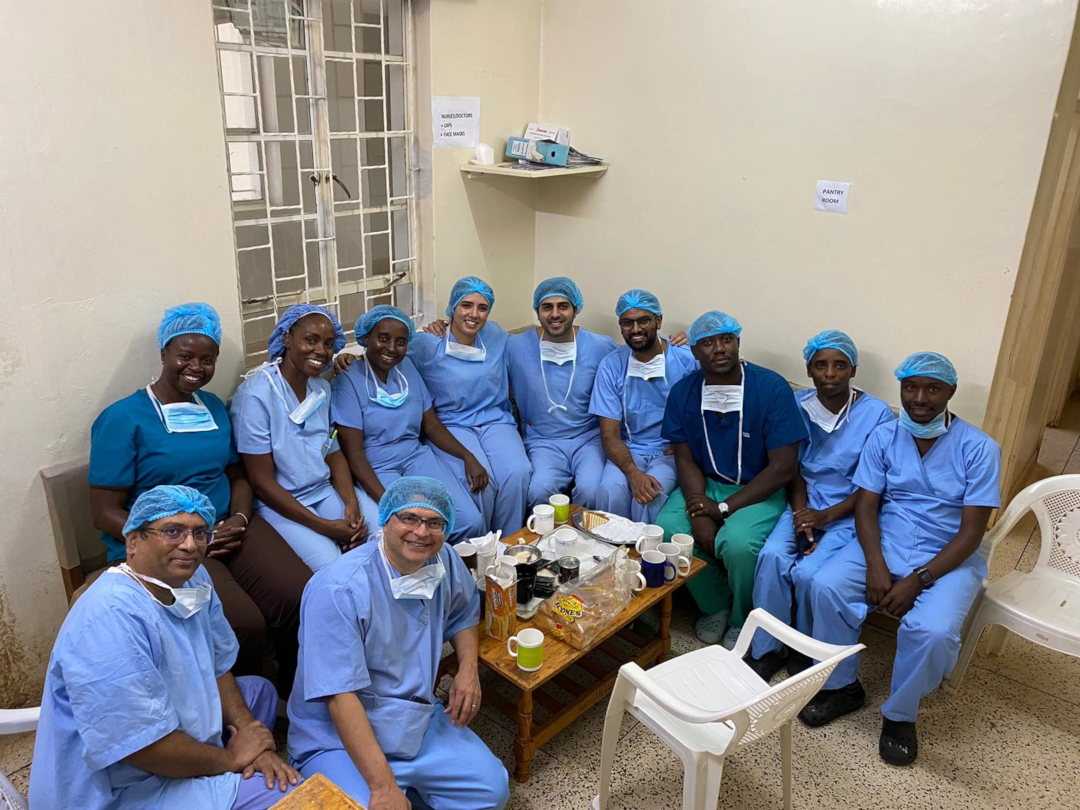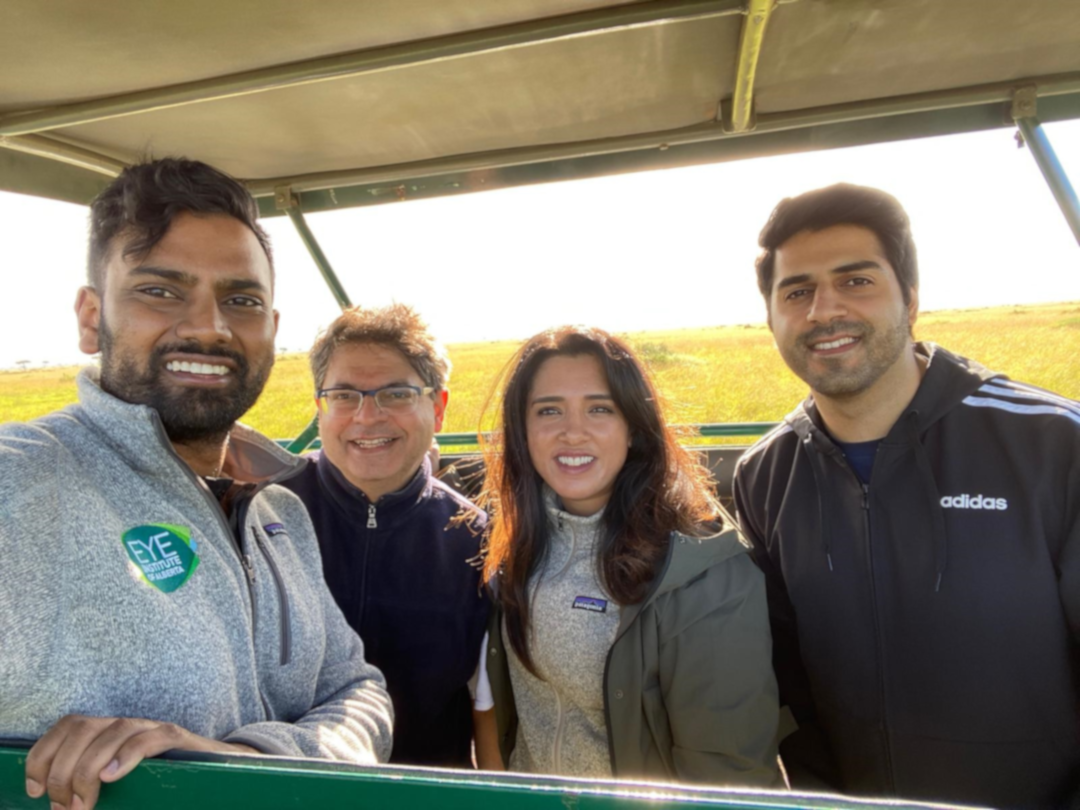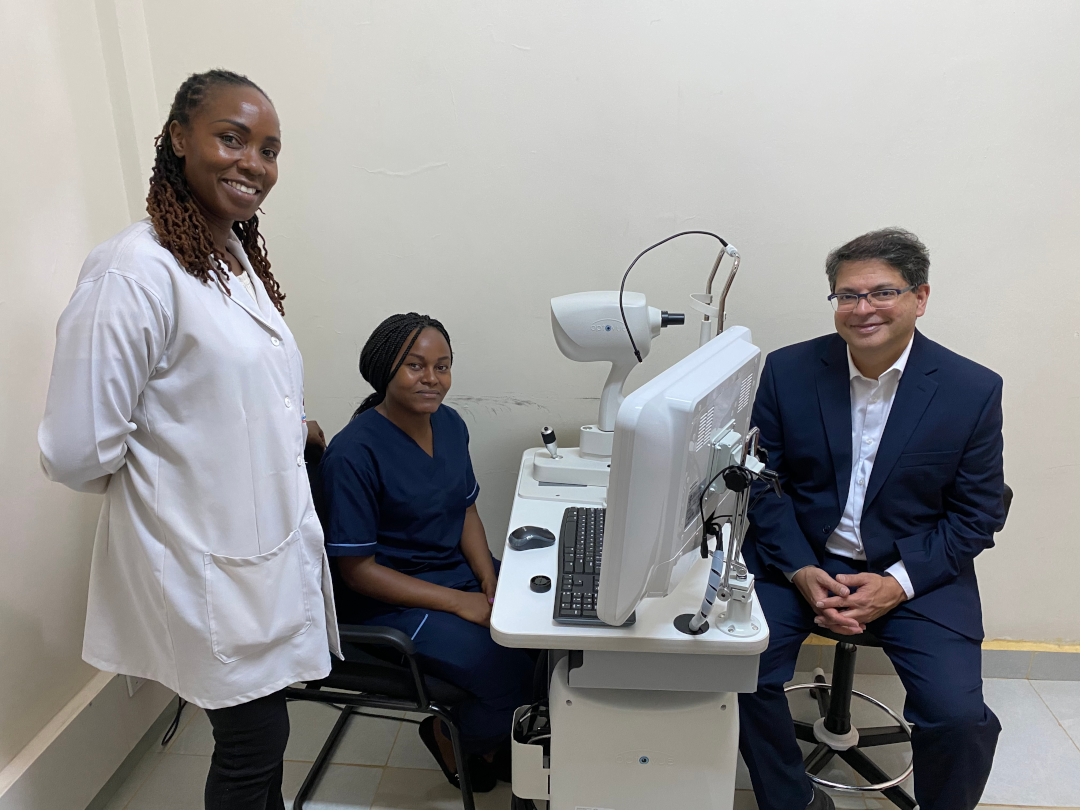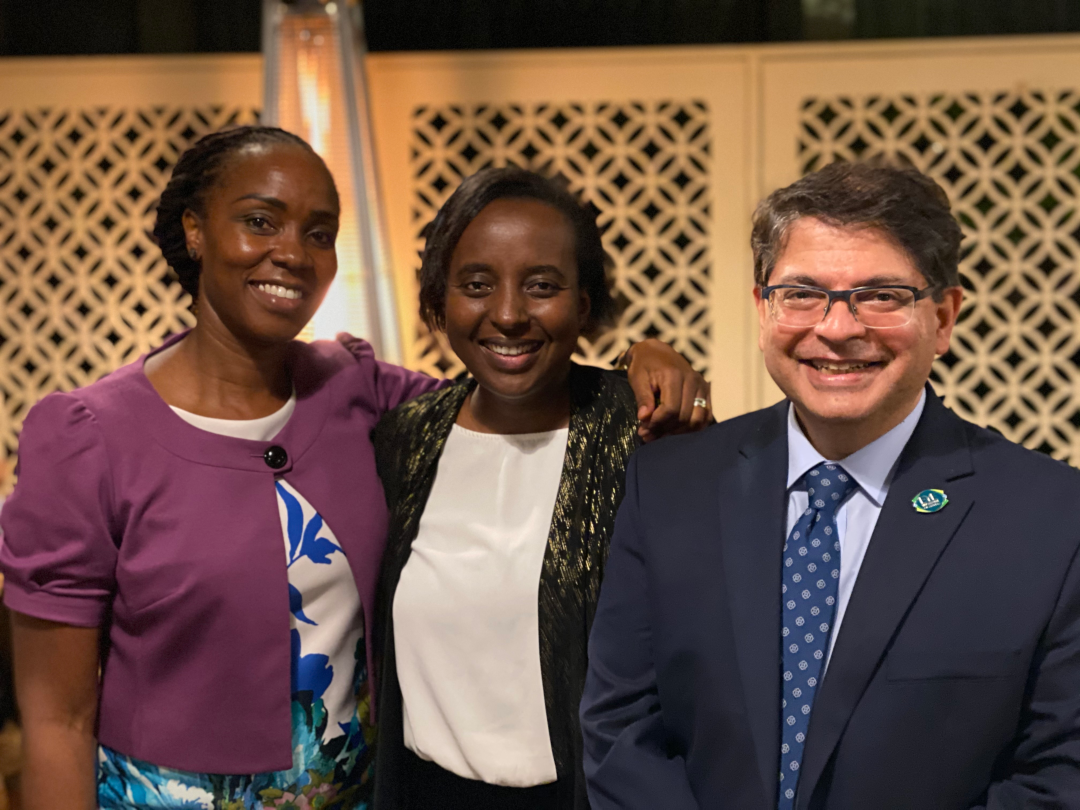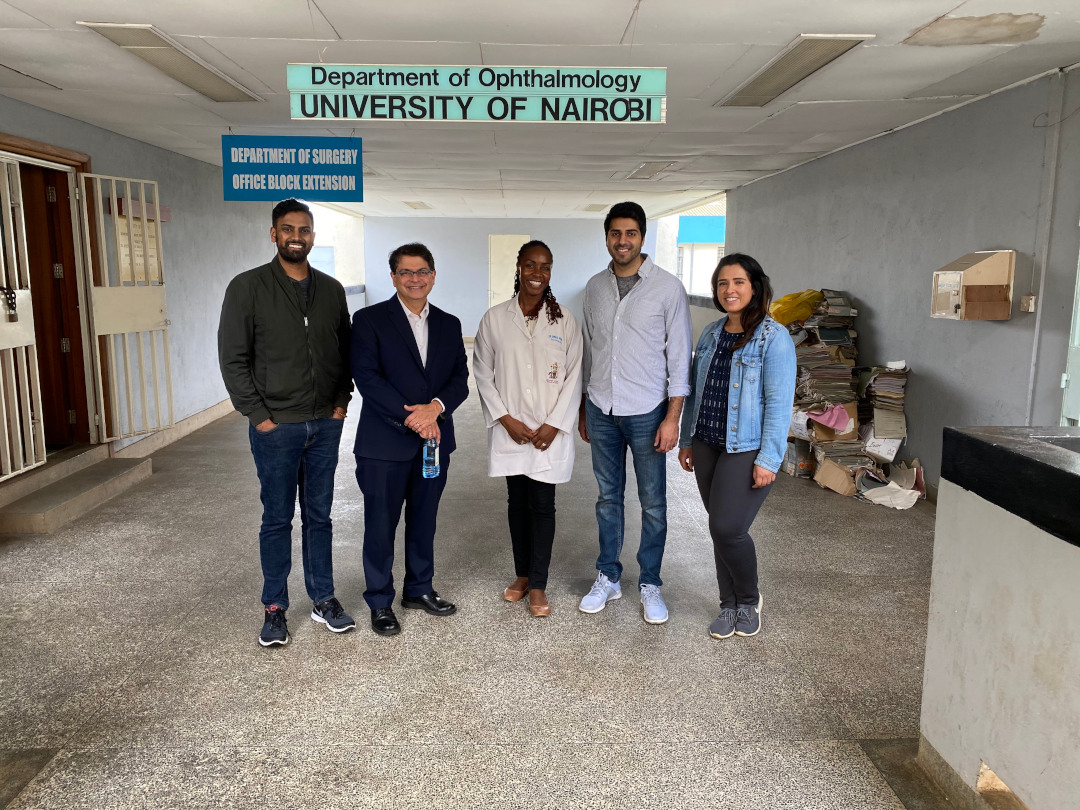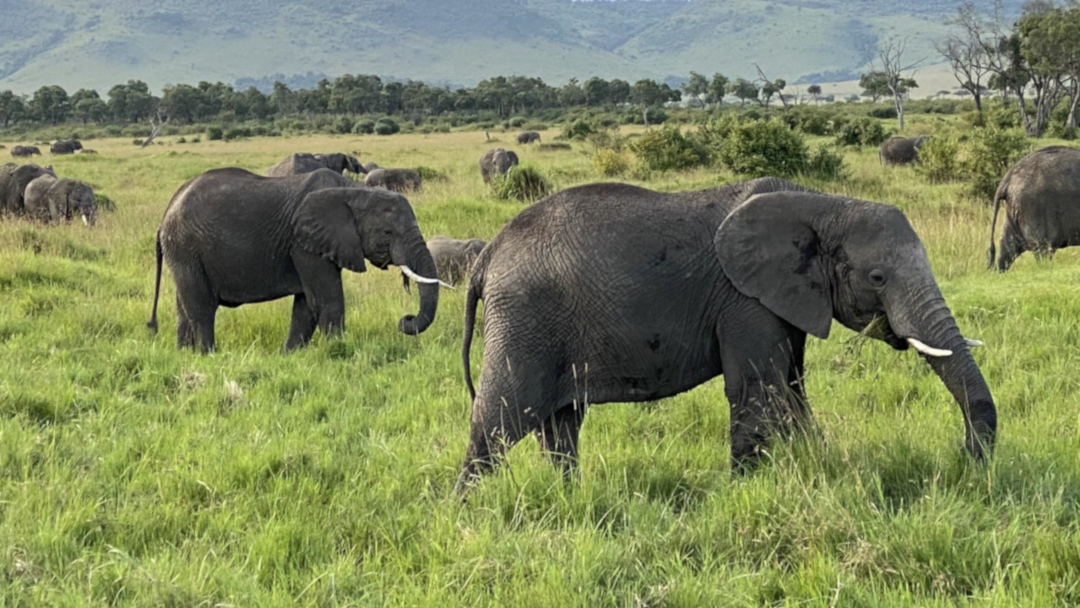Kenya 2020
The STOP Glaucoma Program is an initiative championed by the University of Alberta to train glaucoma subspecialists in Sub Saharan Africa. As a part of this program, several glaucoma subspecialists have completed a sandwich fellowship and returned to provide glaucoma care in Africa. The most recent graduate of this program was Dr. Faith Masila from Kenya. At the start of her fellowship, Dr. Damji, Department Chair at the Eye Institute of Alberta and Glaucoma specialist, visited Kenya; Dr. Masila then came to Edmonton for 6 months to train here; she completed additional training in Australia and then returned to Kenya and began practice in Nairobi, Kenya.
The last piece of the sandwich fellowship was a visit from Dr. Damji to Nairobi to help support Dr. Masila’s practice in Kenya. During this week-long visit to Kenya, Dr. Damji invited any interested ophthalmology residents to join him; the three of us were lucky enough to be able to accompany him on this visit.
During this trip, we were able to visit several hospitals and see first-hand the wide spectrum of resources available for ophthalmic care, depending on where a specialist worked. For example at one extreme, we witnessed rural regions that lacked working slit lamps, tonometers and eye drops. On the other hand, we saw private medical centers in Kenya with same-day access to expensive investigations such as MRI.
At the less resourced centers, we witnessed the direct impact of patients’ socioeconomic status on their glaucoma care. For instance, we encountered a patient who required glaucoma intervention in both eyes. However, due to his poor financial situation, he was left with the challenge of only being able to afford one glaucoma procedure. In deciding how to best manage this patient’s glaucoma, we watched the patient and treating physician work closely together to navigate the nuances of the medical, fiscal, and psychological factors involved – a true display of the biopsychosocial model of care.
We were fortunate to have a number of interactions with the residents from the University of Nairobi, including didactic, clinical, and OR teaching opportunities. The residents we met had travelled from all over central and eastern Africa to train in Nairobi. Their dedication to bring ophthalmic care to underserved communities was inspiring. For instance, we spoke to one graduating resident who upon his return would be only the sixth ophthalmologist in that country. We were also able to join in collaborative teaching strategies such as bedside rounds and see patients with relatively rare disease presentations such as blebitis, retinoblastoma and necrotizing scleritis.
The experiences we have shared over the course of our time in Kenya will stick with us throughout our training and practicing careers. We are grateful for the wonderful opportunity available to us by our program, and the ongoing dedication to mentorship and global health that is present in our program. Not only did it expose us to the field of glaucoma, but it gave all of us an appreciation for the mentorship, collaboration, and personal dedication involved in the development of a glaucoma service. Glaucoma care in Kenya is quite evidently a team effort, involving all general and sub-specialists in ophthalmology.
Samir Nazarali, Marvi Cheema, Mathew Palakkamanil
Drs. Marvi Cheema, Samir Nazarali and Mat Palakkamanil present an update on the STOP Glaucoma Program at the 3rd Annual Ophthalmological Society of Kenya Conference on November 27, 2020. The presentation focuses on the most recent graduate of the STOP Glaucoma program, Dr. Faith Masila
